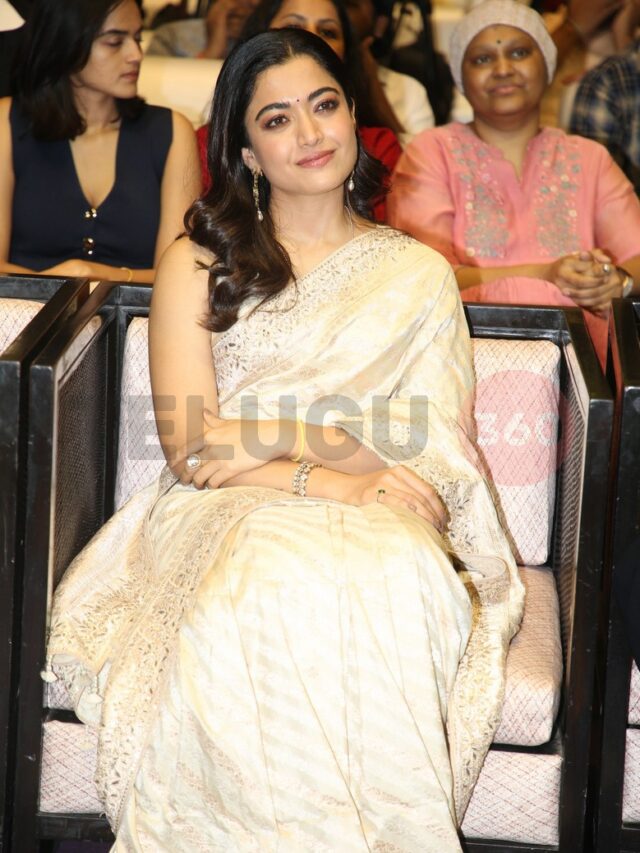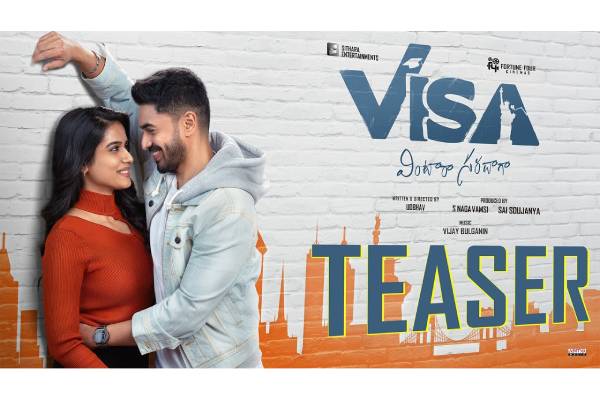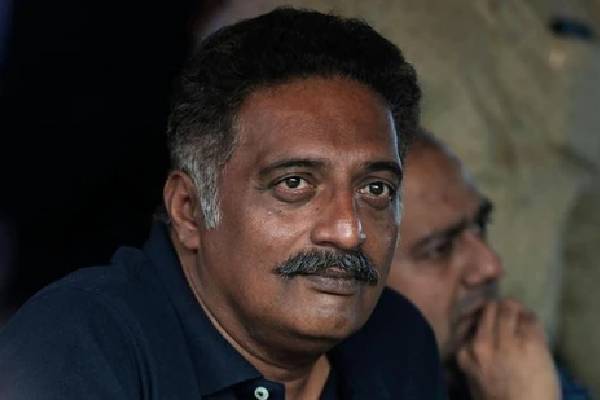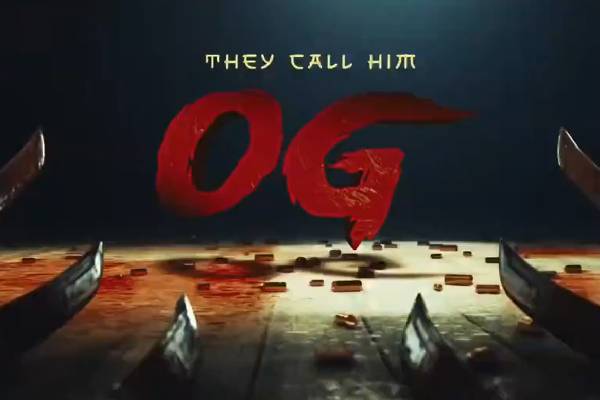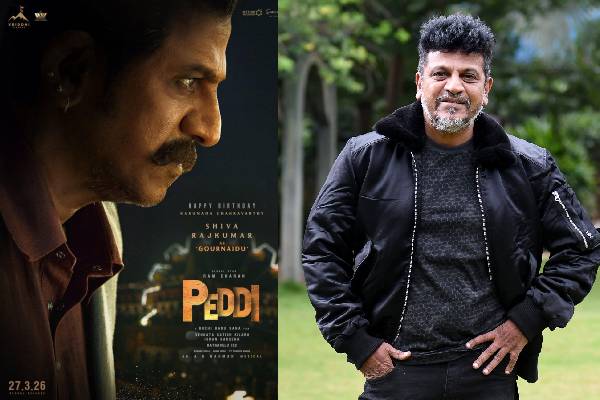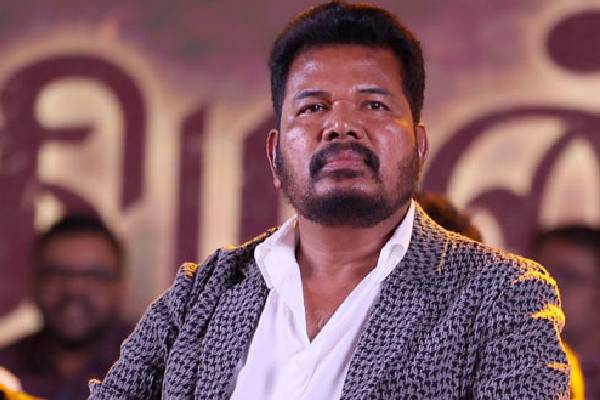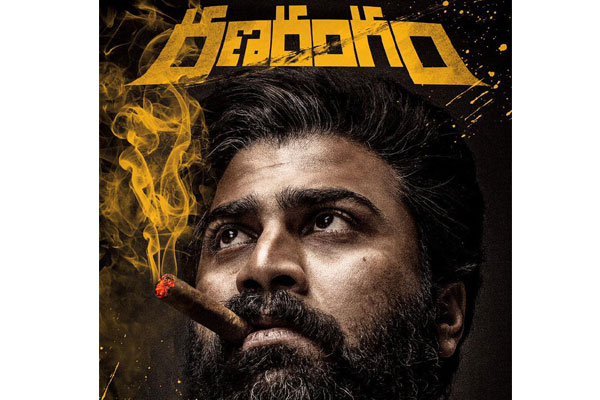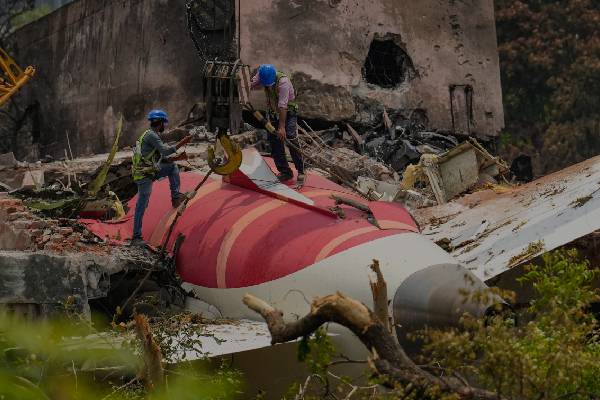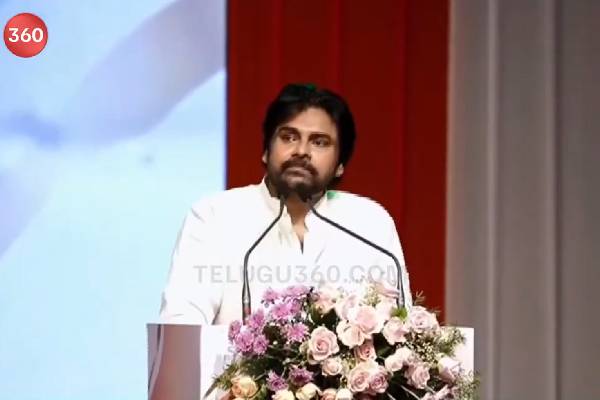Let me start off by saying that I don’t intend to write a polemic about this or any other film that i deep dive into, in fact, it’s the opposite, it’s the love of cinema that inspires me to write in such great detail and it’s that very love, especially towards our Telugu cinema that compels me to scrutinize our films because I sincerely believe our industry has the caliber and the gall to represent Indian cinema at the world level & it pains me to see us fall short of that lofty goal just because most of our film makers are slave to the archaic tropes & aren’t prudent about the writing that makes up their films . These series of essays are an effort on my part to make the audience aware and the writer/directors (if they care to listen) to let them know where they went wrong so that they can come back all the more stronger & realize their true potential.
Today we look at writer/director Sudheer Varma’s “RanaRangam” starring Sharwanand, Kalyani priyadarshan & Kajal. But first things first , “everything is a copy of a copy of a copy” the quote which Mr.Varma opens the movie with is written by Author Chuck Palahniuk in his book “Fightclub”, based on which David Fincher made the cult movie of the same name, but the director attributes the above quote to Mr.Fincher. such ignorance from Mr. Varma is bizarre to say the least. Now, Allow me to tell you why Ranarangam has failed to impress the audience.
SPOILER ALERT!
The story at the heart of this movie is the same old tired and tested rags to riches journey of the protagonist, the director knew it, so he wanted to offset the familiarity of the proceedings by narrating it in a non-linear manner, an admirable choice but it’s horribly executed, why you may ask?
1) There is never a sense of urgency especially in the flashback, it’s never made clear why does Mr. Sharwanand aspires to be a mobster? he doesn’t have any goal of his own , we don’t know what drives him, that’s why he comes across as a bland character . one might argue that Mr. Sharwanand becomes a mobster to be the guardian of his slum, but i beg to differ because if he really cared about the people in the slum he wouldn’t be bootlegging alcohol which is known to be mostly consumed by the people in Mr.Sharwanand’s neighborhood & happens to destroy families and that one dialogue “ninnu pencharu, nenu periganu” uttered by Mr. Sharwanand doesn’t count as character building. All the smart dialogues in the world won’t count for nothing if you can’t back that by proper character building which show that characters arc/trajectory in the story. Dialogue writing is very different from screenwriting, many of the writers here seem to believe that all you need to write a film is a set of catchy aphorisms.
2) When the movie keeps cutting back to past and present multiple times, the biggest risk that comes with that decision is that it disrupts the momentum of the movie , imagine you’re a sprinter and you’re running a race but you’re constantly asked to come to a sudden halt and then again asked to sprint, how would you feel? that’s how the film felt as i was watching.
3) Despite the risks associated with such back & forth narration, the director still decided to go with that sort of non-linear screenplay, in that case the number one priority of the writer should be to minimize the loss of momentum and how would you do that? by inter cutting b/w scenes b/w past & present which have a matching momentum and what does this film do? it cuts at a crucial scene in the present (in the second half at the hospital where the henchmen point their guns at Mr.Sharwanand) to lead into a boring scene in the past where they come out of the jail and then followed by series of montage/scenes which depict their ascent in the big bad world of bootlegging. we already know that Mr.Sharwanand becomes a big mobster, it’s a foregone conclusion, then why is it that the director is disrupting the flow of the movie to show us the obvious? the director thought that such frantic narrative choices will add to the “edginess” of the film? no it did not, what it did was that it brought the film to a grinding halt and with it the audiences viewing experience the least the director could’ve done is to cut to such scenes in the past which could’ve had a moment of suspense because that’s where you’ve cut the scene from in the present. this mismatch of momentum was jarring & this phenomenon was a common occurrence through out the film.
4) The primary advantage that comes with using cinema as a medium to tell a story is that the we get to play around with the concept of time, not every scene has to happen in real time. if the director/writer were prudent enough he could’ve played around with this caveat but what does he do? he cuts from a scene in the present and goes into the past where certain things happen and then again he cuts back to the scene in the present literally to the same moment in the scene, what this does is that it creates a sense of stillness and that is akin to death for a movie banking so heavily on it’s screenplay to deliver the thrills. Take this pre-interval scene for example where Mr. Ajay makes a call to kevin (Mr.Ajay clearly says that he’s making a call to Mr.sharwanand’s enemy so it’s obvious that it’s Kevin) and we cut to flashback and when we again cut back to the present, Ajay is still talking to kevin, if the writer were smart he would’ve cut directly to the chase on the roads in Valencia, of course Mr.Ajay called Kevin to order a hit on Mr.Sharwanand, what’s the need to show it again? every time the director cuts back and forth the time doesn’t move & that’s why we feel bored.
5) Mr.Sharwanand is a fine actor, there is no arguing that but when Ms.Kalyani bites the dust in the bomb blast, did anyone notice the poker face of Mr.Sharwanand? he loved her a lot ( at least that’s what we’re lead to believe) & she literally had his baby and Mr. Sharwanand looks like he couldn’t care less and no, that’s not what subtle acting looks like, if anyone wants to really know how such scenes can be done in a subtle manner, i would advice you to check out Mr.Ntr’s expressions in Aravinda Sametha , the action sequence in the beginning, especially the scene in which he gets back into the car after going on a killing spree & it hits him that his father is no more, now that’s how you do it. If Mr.sharwanand can’t even make us believe that the death of the love of his life is devastating to him then why should we invest in the aftermath and the mayhem that ensues? that’s why we couldn’t care less when Mr.Sharwanand kept on piling up the bodies in her name , even the director knew it that’s why he put in “Aigiri nandini” remix to add some pace to the proceedings so that the audience will overlook the lack of depth in them. (the same tactic was used in the climax of “Ismart Shankar”)
6) Coming to Ms.Agarwal’s character, sigh, where do i even begin? her character is about as useful as a lifeguard at an Olympic swimming competition. Everyone including the lovely Ms.Agarwal knows it so I won’t go much into it.
7) The big twist is supposed to be the reveal that Mr. Suri is the traitor but we can see that coming from a mile. notice how he goes away as the two suspicious guys walk towards Mr.Sharwanand’s room in the hospital and how he’s conspicuous by his absence when Mr.Sharwanand escapes from the hospital, even Mr. Sharwanand doesn’t trust him and he literally says that Suri’s phone is being tapped. everyone by that point knew who the traitor was, the whole Simhachalam being a red herring comes across as tedious and trying too hard for the thrills, i mean why would Mr. Sharwanand not disclose the fact that he killed Simhachalam ? what did Mr.Sharwanand gain by hiding this fact? nothing. infact it would be in Mr.Sharwanand’ s best interest to let everyone know that he killed Simhachalam as that would’ve send a strong message to anyone who would even dare Sharwas reign in the future. so the sole reason why the writer came up with this ploy is to weed out the traitor but the director gave away who the traitor was way before hand. so this little gimmick of his isn’t as effective as he thought it would be but an admirable effort nevertheless.
8) what is the central theme of the movie? what was it that the director wanted to convey through this story? is it that crime pays? crime destroys families? never mess with the DON? once you get into this field then there is no going back? there is no answer because there never was a question to begin with.
The parting shots of the movie treats us to the visuals of Mr.Sharwanand, Ms.Agarwal & the little girl taking a stroll on the beach, so? why should we feel anything about it? it was never shown that Mr.Sharwanand longed for a companion, so why should we care if Mr.Sharwanand and Ms. Agarwal end up together? it was only the little girl that was trying to find a maternal figure in Ms.Agarwal. so the ending would’ve made more sense if the little girl were to tell Mr. Sharwanand that he should ask Ms.Agarwal out for a date and the last shot being all of them at the dinner table laughing.
The director wanted to tell a sweeping epic of the life of a gangster, he really did try especially with the visuals & my god what a beautiful film this was to look at! but he faltered in the story & screenplay which negated all the other positives that the director brought to the table. This film had the potential to be this generations “Naayakudu” but alas, the wait continues.
– sravan.aerrolla@gmail.com




















